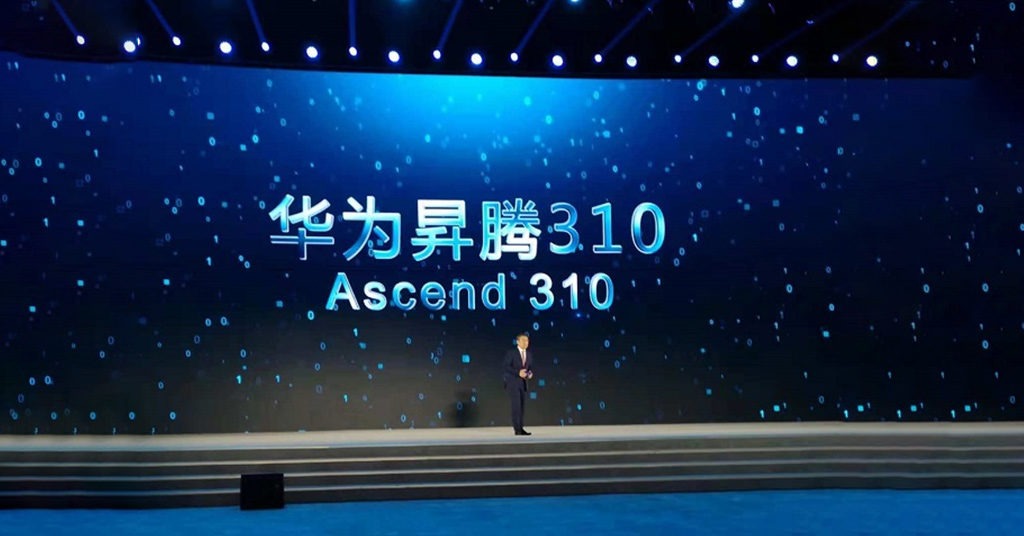Huawei believes its chips “unlock a new era of artificial intelligence”

Huawei’s AI solution was recognized as the world’s leading tech achievement. Source: huawei.com
Huawei earned the “World Leading Scientific and Technological Achievement Award” for its new Ascend 310 AI Chip at the Fifth World Internet Conference, held today in Wuzhen, Zhejiang. Huawei’s chip stood out among more than 400 technology achievements to win the award. This recognizes artificial intelligence system-on-chips (SoC) as having the industry’s strongest compute capabilities for edge computing scenarios, with support from the unified and scalable Da Vinci architecture.
Ascend 310 is the industry’s most powerful AI SoC chip for edge computing scenarios. Currently, the most typical edge computing scenarios are security and protection, autonomous driving, and smart manufacturing. Ascend 310 supports every industry with a cost-efficient and powerful computing energy. One Ascend 310 chip can achieve up to 16TOPS on-site calculations, supporting the simultaneous identification of 200 different objects including people, cars, obstacles and traffic signs; it can process thousands of pictures in one second. In October this year, Huawei and Audi demonstrated the chipset in L4 automatic driving. The vehicle was equipped with Huawei’s Mobile Data Center vehicle-mounted computing unit and it was estimated that Huawei’s Ascend 310 chipset consumed only 200 watts of power in L4 automatic driving.
SEE ALSO: Retail use AI at a much slower pace than other industries – research









